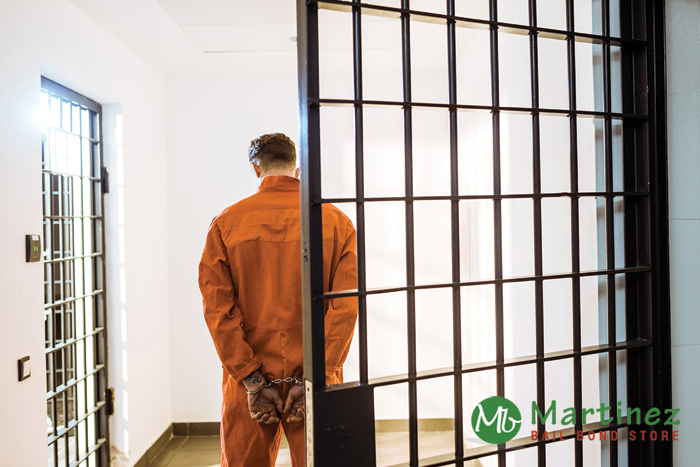Most assume that all prisons are government funded. While many are, there are also for-profit or private prisons, scattered throughout the United States.
The main benefit of for-profit prisons is that they provide some relief to taxpayers. They also help generate additional jobs, especially in the for-profit prisons that operate in rural areas where jobs are sometimes difficult to come by. According to the Vittana Organization, the impact private prisons have on the U.S. economy comes to about $80 billion annually. That’s a lot of money.
For-profit prisons ease the overpopulation problems connected with government-funded prisons. Prisoners who come out of private prisons are less likely to commit crimes in the future, the re-offense rate for individuals who were sentenced to a private prison is 20%. That number climbs to 80% when you look at prisoners who were incarcerated at government-funded prisons.
There is also the argument that for-profit prisons provide individuals who want to work in law enforcement and security with entry-level jobs that look good on their resumes.
While there are some good things connected to for-profit prisons, it’s not all positive. The downside to for-profit prisons include:
- For-profit prisons don’t take everyone, they can pick and choose who they wish to house, this could explain why the re-offense rate for private prisons is so low.
- They aren’t always monitored as closely as they should be.
- They don’t have a contract with the community they’re based out of.
- Violent acts of inmates against employees are very high, about 50%.
- There aren’t always as many rehabilitation and educational opportunities in a for-profit prison.
Are There For-Profit Prisons in California?
As of October 2019, California was home to four for-profit prisons. In 2019, California Gov. Gavin Newsom signed a bill that would end the state’s contracts with the prisons and prevent the state from setting up a contract with another for-profit prison.
The way the law is written, all contracts that the state has with for-profit prisons must end by 2028.
“By ending the use of for-profit, private prisons and detention facilities,” State Assemblyman Rob Bonta said in a statement. “we are sending a powerful message that we vehemently oppose the practice of profiteering off the backs of Californians in custody, that we will stand up for the health, safety and welfare of our people, and that we are committed to humane treatment for all.”
It’s unclear if the for-profit prisons will eventually become government-funded prisons or if they will simply shut down completely.

